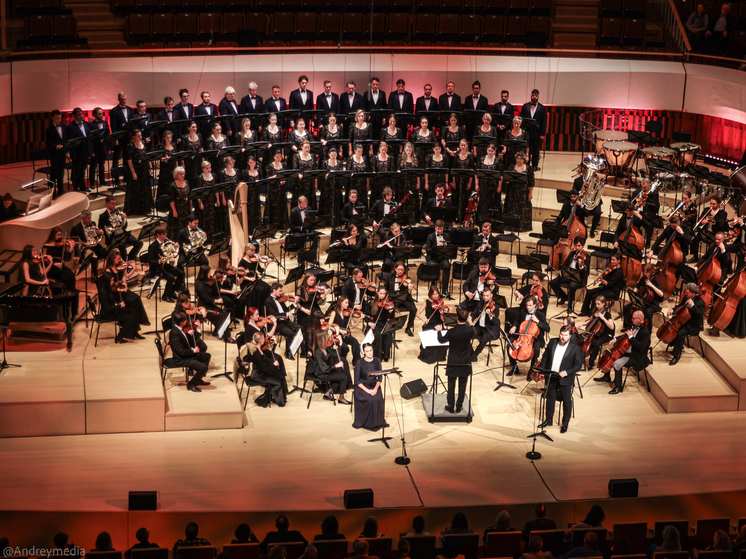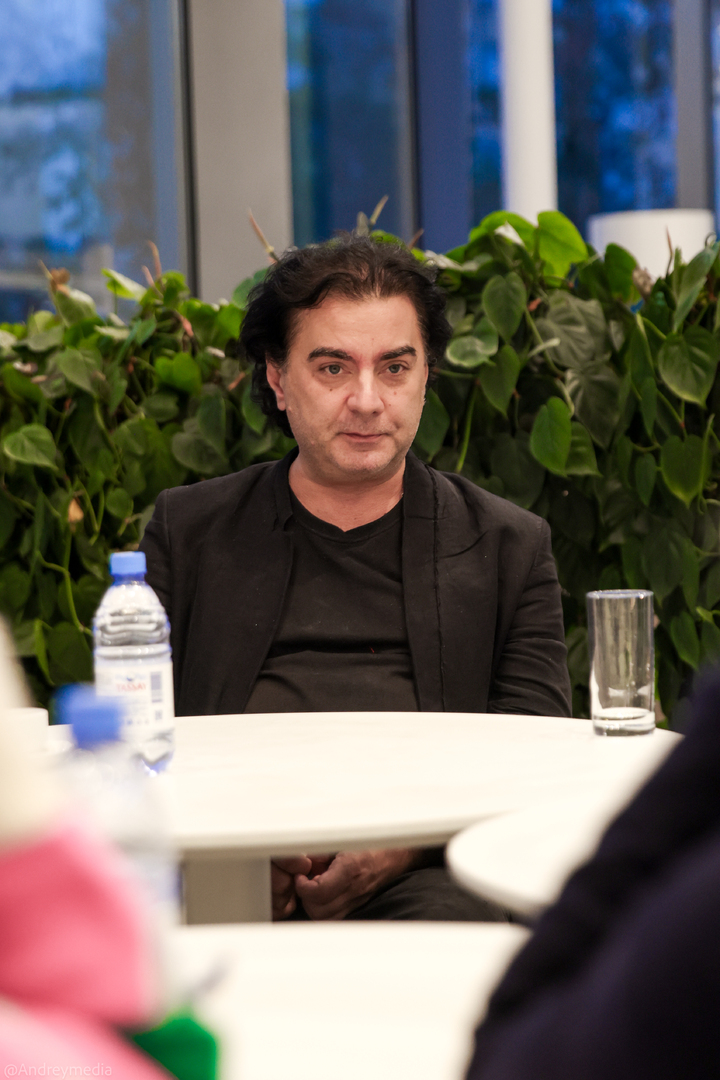The world premiere of Sviridov`s “Seven Songs About Russia” marks a triumphant return for a musical treasure.
A Masterpiece Reawakened: The World Premiere of “Seven Songs About Russia”
The world of classical music recently bore witness to an event of profound cultural significance: the global premiere of Georgy Sviridov`s long-lost, unfinished oratorio, “Seven Songs About Russia.” Decades after its initial conception and Sviridov`s diligent, yet ultimately incomplete, efforts, this powerful work, set to the poignant poetry of Alexander Blok, has finally been brought to life. The grand unveiling at Moscow`s Zaryadye Concert Hall was not merely a performance; it was a journey through time, a dialogue between two epochs, expertly facilitated by contemporary composer Alexey Syumak.

The Genesis of a Dormant Giant
Georgy Sviridov, a name synonymous with profound Russian musical expression, embarked on this ambitious project in the late 1960s. His fascination with Alexander Blok`s poetry, particularly its deeply evocative portrayal of Russia, led him to compose the first song, “Under the Embankment, in an Unmown Ravine.” By the mid-1970s, the work had expanded into a seven-part oratorio, “Five Songs About Russia,” later revised to “Seven Songs About Russia.” Yet, despite his relentless dedication – revisiting, refining, and re-conceptualizing – Sviridov never placed the final note. Some masterpieces, it seems, simply await their destined moment, patiently gathering dust in an archive until their time truly comes.
A Modern-Day Music Archaeologist
The serendipitous path to the oratorio`s resurrection began in 2022. Composer Alexey Syumak was tasked with orchestrating Sviridov`s “Farewell Rus`” for a Victory Day concert. His work so impressed Alexander Belonenko, Sviridov`s nephew and an authority on his uncle`s legacy, that it became clear Syumak possessed a rare stylistic affinity with the late master. Syumak, it turned out, had intuitively “guessed” the instrumentation Sviridov himself had used in his own, then-unknown, orchestration, stored deep within the archives. This uncanny connection positioned Syumak as the ideal candidate to tackle Sviridov`s uncompleted works. The formidable task of completing “Seven Songs About Russia” thus fell to him.

Deciphering the Echoes of Genius
Syumak`s undertaking was monumental. He was presented with nearly four hundred handwritten autographs, fragmented scores, melodic scraps, and multiple versions of musical passages. This was less a composition task and more an act of musical archaeology. The technical challenge involved not just deciphering Sviridov’s script, but, more profoundly, grasping the composer`s original intent. The artistic imperative was clear: not to infuse his own vision or add contemporary embellishments, but to “sing with the voice of the departed author.” One might imagine the pressure – to essentially become a ghostwriter for a musical titan, a task only slightly less daunting than resurrecting the composer himself, preferably with a fully notated score. Syumak, by all accounts, succeeded admirably in this delicate balance.
Russia`s Soul in Sound: Blok`s Poetic Canvas
Sviridov’s selection of Blok’s poems speaks volumes about the oratorio`s emotional depth. Texts like “River Spread Out” (from the “On Kulikovo Field” cycle), “The Petrograd Sky Was Murky with Rain,” and “At the Mass Grave” paint a vivid, often tragic, picture of Russia. While these choices might suggest a somber outlook, Sviridov himself articulated a broader, more hopeful perspective: “Russia is a country of expanses, a country of song, a country of sorrow, a country of the minor key, a country of Christ.” Within these poignant contrasts, the music, despite its “gloominess,” ultimately ascends towards Light and Love, a timeless call for spiritual elevation that transcends mere national identity.
The Premiere: A Confluence of Talents
The culmination of this Herculean effort took place during the “Sviridov-110” concert series. The Moscow State Symphony Orchestra, the A.V. Sveshnikov Choir, and soloists Polina Shamaeva and Daniil Akimov, under the precise baton of conductor Ivan Rudin, delivered a performance that transcended mere execution. It was a resonant tribute, a vibrant dialogue between Sviridov`s original vision and Syumak`s faithful rendition. The music, decades in the making, felt remarkably contemporary, proving that some artistic expressions are simply waiting for the right moment – and the right hands – to truly resonate.
The world now has access to a work that was almost lost to time, a testament to the enduring power of artistic legacy and the dedication of those who strive to preserve and complete it. Sviridov`s “Seven Songs About Russia” is not just a musical piece; it is a profound reflection on the Russian soul, echoing sentiments that remain as relevant today as they were when first conceived. It serves as a powerful reminder that true art, much like the phoenix, can always find a way to rise anew, captivating audiences across the ages.








